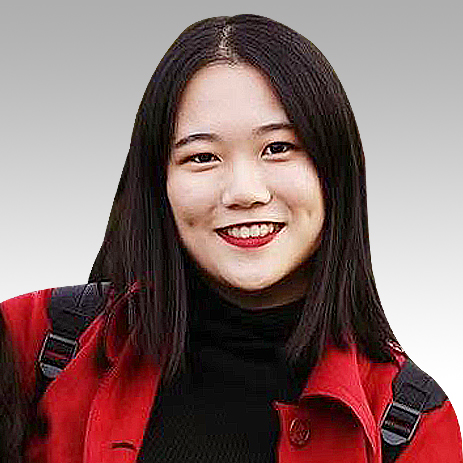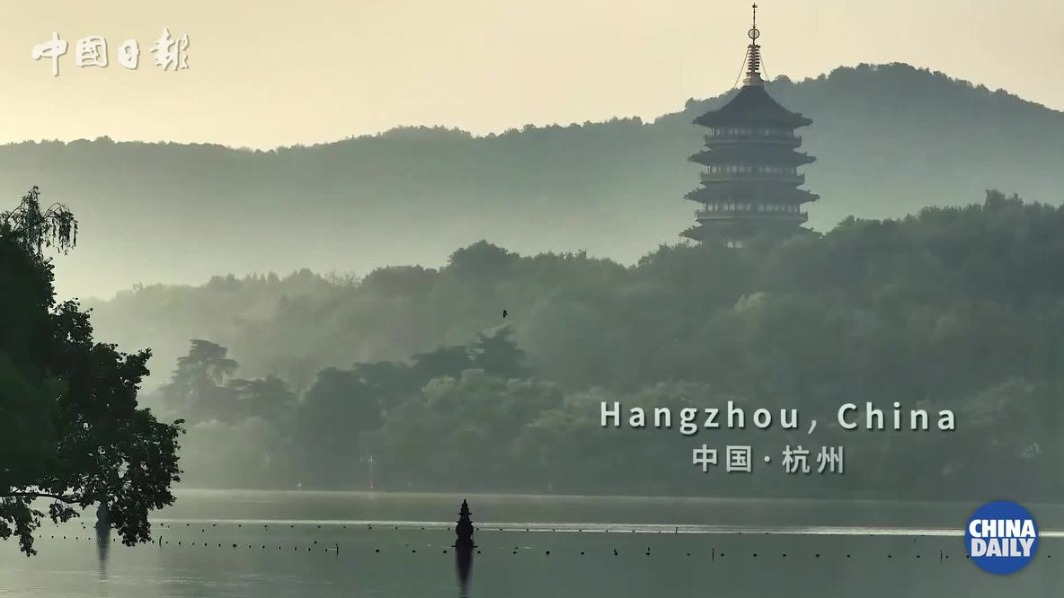young group puts education in sharp focus
yang yicheng, former editor-in-chief at the all china youth federation's center for cultural studies and global communications. [photo/china daily]
different spheres
yang yicheng, former editor-in-chief at the all china youth federation's center for cultural studies and global communications, used to work in two completely different areas in china.
she taught in developed cities such as shanghai, where primary school children have the assistance of artificial intelligence, virtual reality and 3d printing in class. yang also taught in remote places, including mountainous areas of hainan province, where students only have english-language classes once every three weeks, as the teacher faces a four-hour bumpy bus drive to school.
yang used to think that these two different worlds would never cross paths or share anything in common, but lately, she has seen that online platforms allow students, regardless of which part of the country they are in, equal access to educational resources.
she cited the example of kai, an underprivileged student from a minority group who was given the chance to attend an online summer school program in which yang taught a class. this program used to be offline only and students such as kai, who were financially and geographically restricted, did not have the opportunity to enroll.
in his final presentation, kai spoke to a virtual classroom of students from across china of his concern for the disappearance of minority cultures and languages.
in her speech for youth power, yang said, "although kai has a heavy accent, he spoke slowly but firmly of why he thought his dying hometown language is important to the world."
yang has also noticed the limitations of technology. when she was a volunteer teacher in different areas of the country, she saw schools had an insufficient number of technological devices, and teachers struggling with educational technologies. students also told yang they are less motivated and lack concentration when taking online classes, as some topics simply cannot be delivered via the screen.
"this is where technology falls short, but also where the human touch comes in," yang said.
she has also taken note of efforts being made by the government. the report to the 20th national congress of the communist party of china promised to accelerate urban-rural integration in compulsory education, and a better allocation of teaching resources. for example, last year, internet access in schools nationwide reached 100 percent, with multimedia classrooms established in more than 98 percent of primary and secondary schools.
"technology combined with caring and the relentless efforts of humanity — this is the hope i see for educational equality in the future," yang said.
-
'nice' to meet you, hangzhou
may 6, 2024


